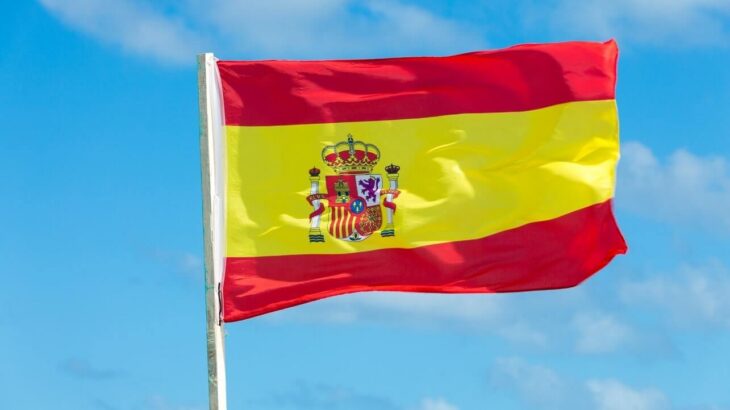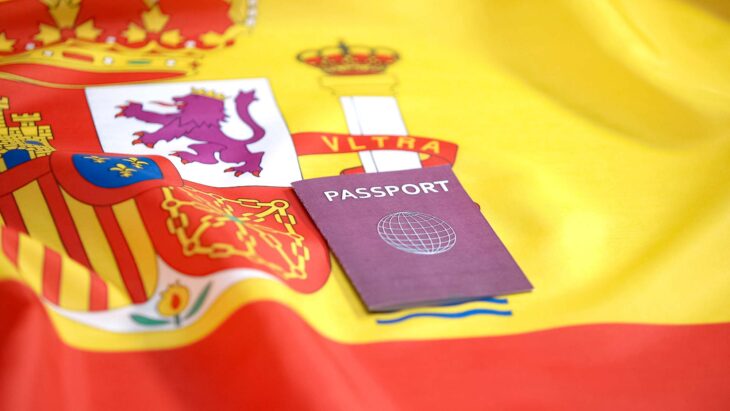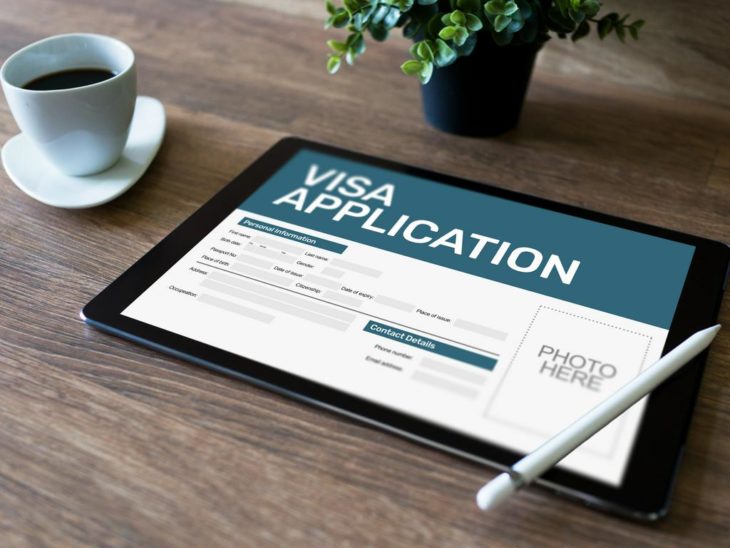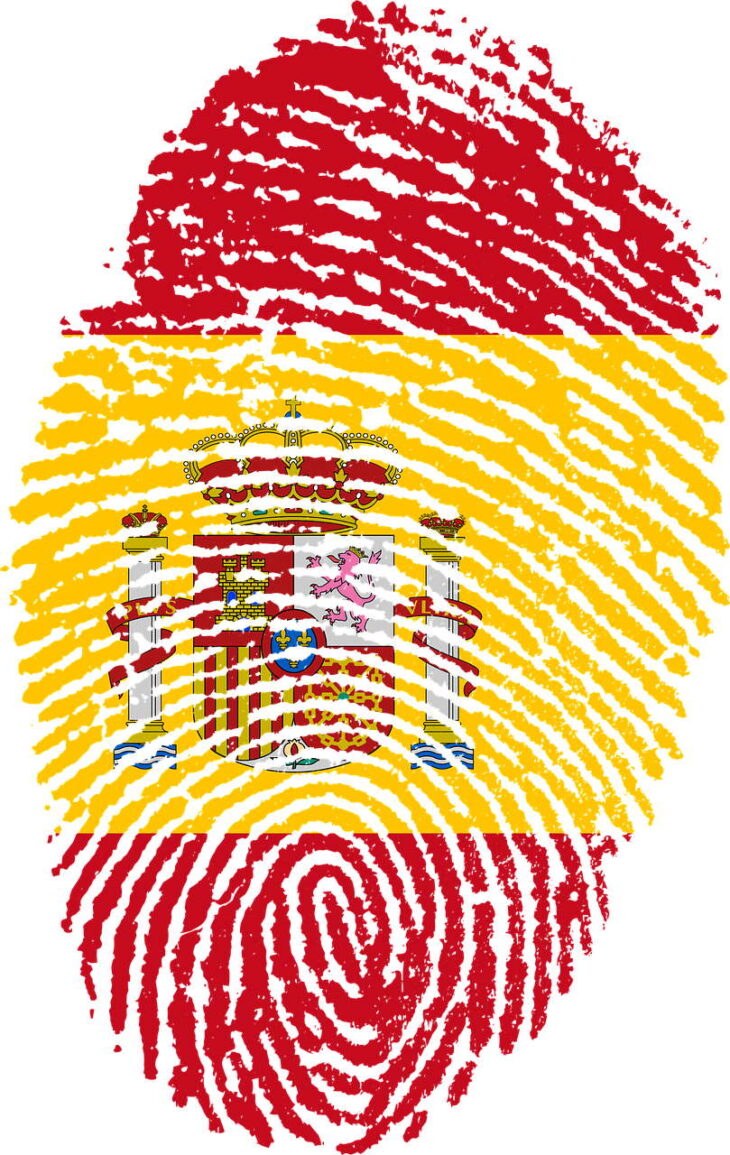Whether you’re thinking about moving to Spain or you’re already there to study, work or learn the language, you’ll need some kind of residency permit. The relevant permit you will need, will depend on a variety of factors such as your reason for wanting to reside, your financial status and whether you’re an EU citizen or not. Such bureaucratic processes can be difficult at the best of times, especially in a foreign language, so read on to find out the benefits of Spanish residency and how to obtain it, no matter where you’re from.
Contents
Benefits of Spanish Residency

Source: visaconnect
The most important residency permitting document for anyone wishing to live in Spain is the NIE (número de identidad de extranjero). This number, which is received in the form of a green card, is given to foreigners residing in Spain and is used as a form of identity which enables one to open a bank or utility account, be employed, register as self-employed, start a business, receive healthcare, apply for a driving license, receive benefits, apply for a loan and use council services. As this list exemplifies, it’s almost impossible to live in Spain without an NIE as it is used for so many essential services. While the NIE is for EU citizens, non-EU citizens receive a similar document called TIE (Tarjeta de Identidad de Extranjero). The benefits of having this document are identical, the only difference is the card itself, which also features a photo as well as the type of residence the holder has the right to. In both cases, the relevant document is obtained by completing the necessary forms and taking them to offices which are generally located in police stations within the corresponding municipalities.
EU Requirements

Source: rightcasa
As the process has become more complicated in recent years, there are now many required steps for EU citizens to obtain an NIE. The following documents must be taken to the immigration office (oficina de extranjeros):
- Two completed and signed EX-15 application forms, which can be downloaded from the government website.
- Your passport and a photocopy of the photo page.
- Two copies (Original and photocopy) of a document that states why you are applying for an NIE, this could be an offer of a job contract, a university admission letter, deposit or purchase contract for a property or even a mortgage approval, both copies must be signed and stamped by the entity providing the document.
- If you’re not planning on working or studying, you must provide proof that you are self-sufficient, like a bank statement showing you have over £5000 in your account or proof of Spanish or international health insurance.
In order to submit these documents, one must take them to their local immigration office. It is important to find out where your required office is and whether you need to book an appointment beforehand, you can find this information on the Spanish government website. After submitting these documents in your appointment, you will be given instructions on how to pay the administration fees for obtaining your document. This can be completed at any bank or even at the corresponding cashpoints and costs around €10.
Non EU Requirements

Source: thefdagroup
For non-EU citizens the process is, unfortunately, a little more complicated. As well as the documents listed above for EU citizens, non-EU citizens are also required to present their passport with photocopies of all pages, a corresponding visa from their home country (for example if you’re going to Spain for work, you’ll need a work visa), a landing card or stamp in your passport as proof that you’ve entered the country legally and two recently taken passport-size photographs for the TIE (Tarjeta de Identidad del Extranjero). In some municipalities of Spain it is also necessary for non-EU citizens to present the Empadronamiento certificate, this is a document, obtained from the city hall, which serves as proof of where you live. The process of submitting the documents is the same as for EU citizens.
What are the visas you can apply for if you are a Non EU Citizen?

Source: VisaDone
- GOLDEN VISA: SPANISH RESIDENCY BY INVESTMENT
This residency permit enables Non – EU nationals to attain qualified residency permits in return for investing in Spanish real estate (and other assets), leading to permanent residency in Spain.
- ENTREPRENEUR VISA: The entrepreneur visa is a residence permit that allows you to live in Spain during a two-year period provided that you start a project in the country that goes in line with the general interest of the Spanish economy.
- High Qualified Professionals: If you are interested in working in Spain as a highly qualified professional (HQP) or you are a graduate or postgraduate from universities and prestigious business schools, and you have a job offer, you may be eligible to apply for a HQP residence permit.
- STUDENT VISA SPAIN: A Spain Student Visa allows you to study or train, take part in a student exchange, or to work as an unpaid intern for more than three months in Spain. EU and Swiss citizens are free to go to Spain to study without a visa.
- NON LUCRATIVE VISA: This residency permit will allow you to settle with your family in Spain by demonstrating the availability of sufficient economic means.
Difficulties

Source: realista
For both citizens from inside and outside of the European Union, one of the main challenges of obtaining a Spanish Residence permit is getting an appointment at an immigration office. In some municipalities, it is possible to go to the office really early in the morning, before they open, and wait in line to be allocated an appointment for that day. This method isn’t recommended as the number of appointments given out daily varies and there are no guarantees of getting one.
As you can now see, acquiring the right to reside in Spain can be a complicated process, so it’s important to be informed. For more guidance on obtaining Spanish Residency and a consultation on your needs, visit MySpanishResidency, where you can find information from the best Spanish immigration lawyers, to help ease your fears.
